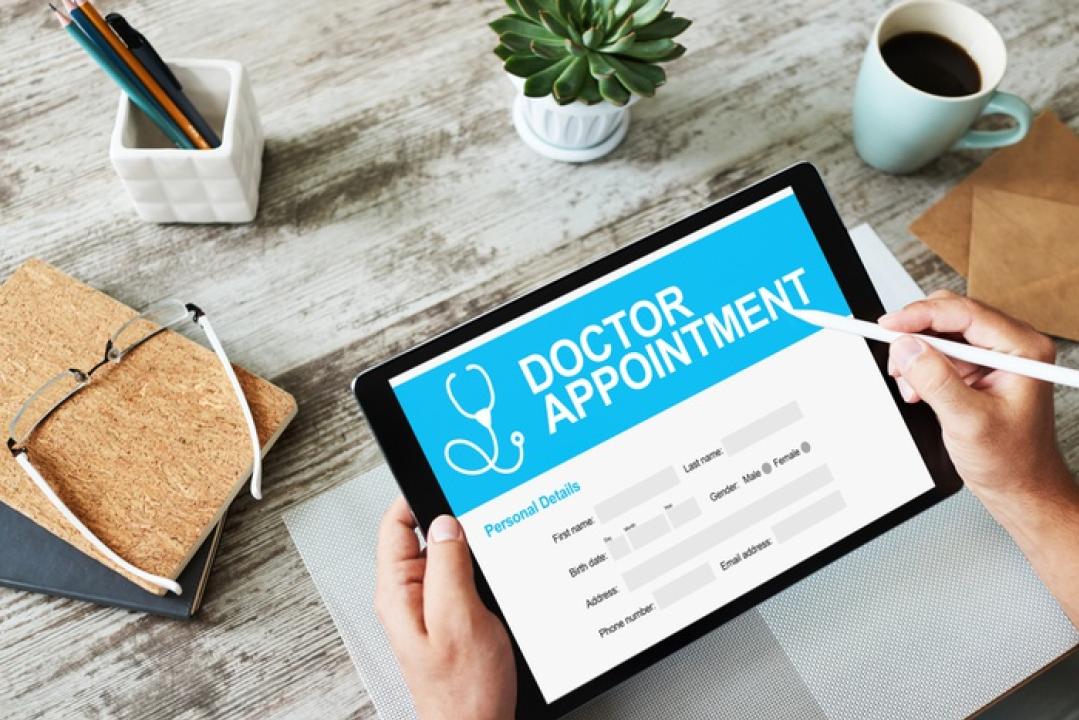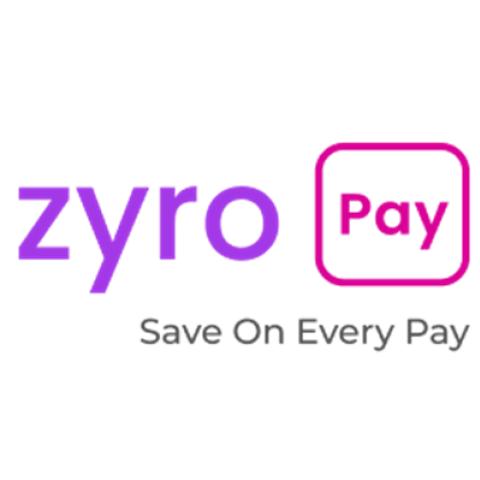Efficient scheduling is vital for quality healthcare. Without proper systems in place, patients often endure long wait times, missed appointments, and frustrating inefficiencies. On the other hand, healthcare providers struggle with disorganized schedules and administrative burdens. A doctor appointment system is designed to address these issues, improving the overall healthcare experience.
In this article, we will explore the core purpose of doctor appointment systems and provide an in-depth analysis of their benefits for both patients and healthcare providers.
What Is a Doctor Appointment System?
A doctor appointment system is a solution—either manual or digital—that facilitates the scheduling process between patients and healthcare providers. These systems allow patients to book appointments while enabling providers to manage their schedules, send reminders, and maintain patient records effectively.
In today’s digital age, these systems are predominantly available as mobile apps or online platforms. Some key features include:
Real-time Scheduling: View and book available slots instantly.
Automated Notifications: Receive reminders about upcoming appointments.
Integrated Payment Options: Pay for consultations securely online.
Doctor appointment systems are used in clinics, hospitals, and telemedicine platforms. They streamline cheduling, enhance communication, and ultimately improve patient outcomes.
Key Benefits for Patients and Providers
The doctor appointment system serves as a bridge between patients and healthcare providers, addressing their unique challenges and providing tailored solutions. Let’s explore the benefits in greater detail.
For Patients: Convenience and Control
Ease of Booking:
Patients can book appointments from the comfort of their homes using a mobile app or website. This eliminates the need to call or visit clinics, saving time and effort.Access to Doctor Information:
These systems provide details about healthcare providers, including their specialties, qualifications, available time slots, and patient reviews. This transparency helps patients choose the right doctor for their needs.Reduced Wait Times:
By scheduling appointments in advance, patients can avoid long queues at clinics and hospitals. Some systems even offer virtual waiting rooms for added convenience.Reminders and Notifications:
Automated reminders ensure that patients don’t miss their appointments. Notifications also provide updates on changes or cancellations, keeping patients informed in real-time.Access to Telemedicine Services:
Many modern systems are integrated with telehealth platforms, allowing patients to schedule virtual consultations when in-person visits are not feasible.
Exploring Benefits in Depth: Why It’s a Win-Win Solution
1. For Patients: Making Healthcare More Accessible
Picture this: A patient wakes up with a severe headache. Instead of worrying about clinic hours or waiting on hold for a receptionist, they log into a doctor appointment system. They quickly browse available doctors, check time slots, and book an appointment within minutes.
This level of convenience not only saves time but also reduces stress. Moreover, the ability to compare doctor profiles and read reviews empowers patients to make informed decisions about their care.
The system also helps patients stay on top of their health. With automated reminders, they rarely miss follow-ups or preventive care visits.
2. For Healthcare Providers: Maximizing Efficiency and Resources
Doctors often face challenges like unpredictable schedules and last-minute cancellations. A doctor appointment system mitigates these issues by optimizing appointment slots and sending reminders to reduce no-shows.
For instance, a clinic that adopts an appointment system can track its busiest hours and allocate resources accordingly. If data reveals that Monday mornings are the most popular for appointments, additional staff or extended hours can be planned proactively.
Additionally, these systems create a centralized platform where doctors can access patient information, such as medical history and prior visits. This allows for more personalized and effective treatment.
Conclusion
A doctor appointment system is more than just a scheduling tool; it is a vital component of modern healthcare. For patients, it offers unparalleled convenience, transparency, and accessibility. For healthcare providers, it streamlines operations, reduces inefficiencies, and enhances patient satisfaction.
As the healthcare industry continues to embrace digital solutions, implementing a doctor appointment system is no longer optional. Whether you are a patient seeking a better healthcare experience or a provider looking to optimize your practice, a doctor appointment app development is a step toward better healthcare for all.












